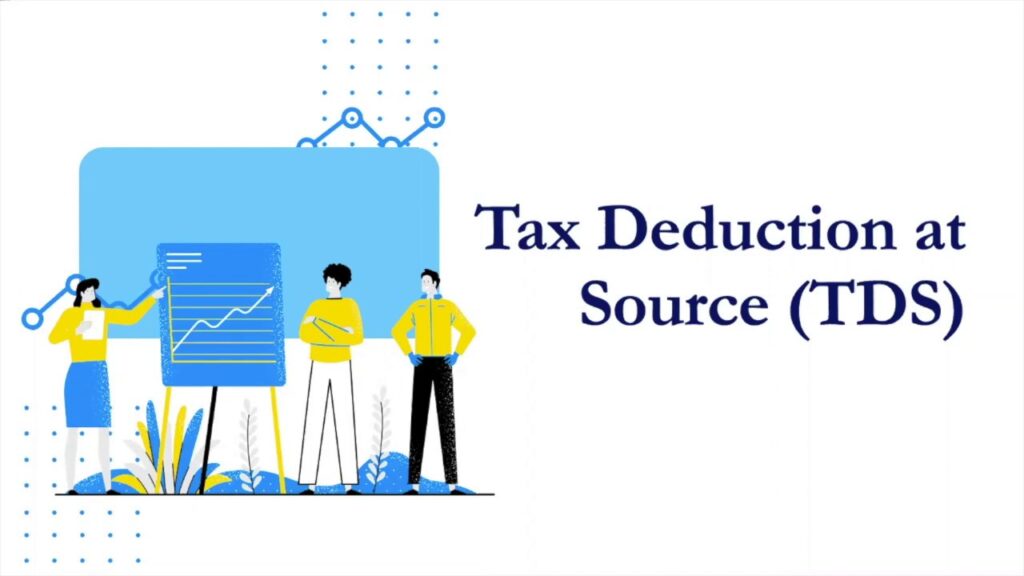In India, Tax Deducted at Source (TDS) is a way for the government to collect tax at the source of income itself. Under this system, the payer (deductor) deducts a certain percentage of tax from the income of the payee (deductee) and remits it directly to the government. The TDS system also helps reduce tax evasion and ensures a steady flow of revenue for the government.
A TDS Return is a statement submitted by the deductor to the government, showing details of the TDS deducted and deposited. It is typically filed quarterly and serves as proof that the tax has been deducted and paid. These returns are essential for both businesses and individuals who deduct TDS. The TDS return includes details such as the name of the deductor, PAN number, TAN (Tax Deduction Account Number), and the amount of tax deducted for each payee.
Types of TDS Returns:
There are four major types of TDS returns in India:
- 24Q: TDS on salary payments.
- 26Q: Used for TDS on payments other than salaries (such as interest, commission, or professional fees).
- 27Q: TDS on payments to non-residents.
- 27EQ: For TCS (Tax Collected at Source) returns.
Importance of TDS Return:
Filing TDS returns is not just a statutory requirement; it also ensures that the tax deducted from payments reaches the government promptly. The TDS return also helps the government track the amount of tax paid and prevents tax evasion. For the individual or company deducting the TDS, it serves as proof of the tax deposited on behalf of the payee.
Example of TDS Return Filing
Let’s understand how a TDS return works with an example:
Suppose a company, XYZ Pvt. Ltd., pays a salary of ₹50,000 per month to an employee, Mr. Raghav. The company deducts TDS at a rate of 10% on the salary, which is ₹5,000 each month.
So, for the month of November, the company will deduct ₹5,000 from Mr. Raghav’s salary and deposit it with the government. The company must file a TDS return (Form 24Q) at the end of the quarter, mentioning the tax deducted and deposited for each employee, including Mr. Raghav.
If the company fails to file the TDS return on time, it may have to pay penalties and interest, which can be avoided by filing the return within the deadline.
Who Needs to File TDS Return?
Businesses, employers, or any person or entity that deducts TDS on behalf of their employees, contractors, or vendors must file a TDS return. The returns are to be filed with the Income Tax Department through the TDS filing portal. For example, if a company deducts TDS from an employee’s salary or from a vendor’s payment, it must file a TDS return.
Conclusion:
TDS returns are an essential part of India’s taxation system. By ensuring timely and accurate filing, individuals and companies contribute to a smooth and efficient tax system. It also provides a clear record for both the taxpayer and the Income Tax Department. Hence, always keep track of your TDS and file returns on time to avoid penalties and ensure compliance with the law.
– Ketaki Dandekar (Team Arthology)
Read more about TDS Return here – https://groww.in/p/tax/tds
